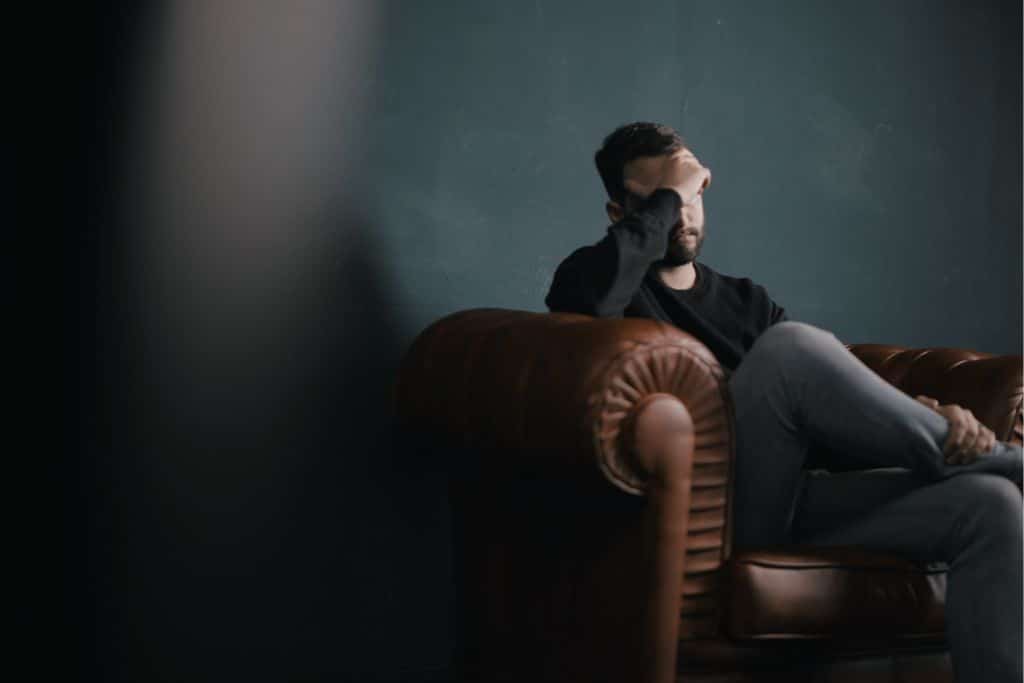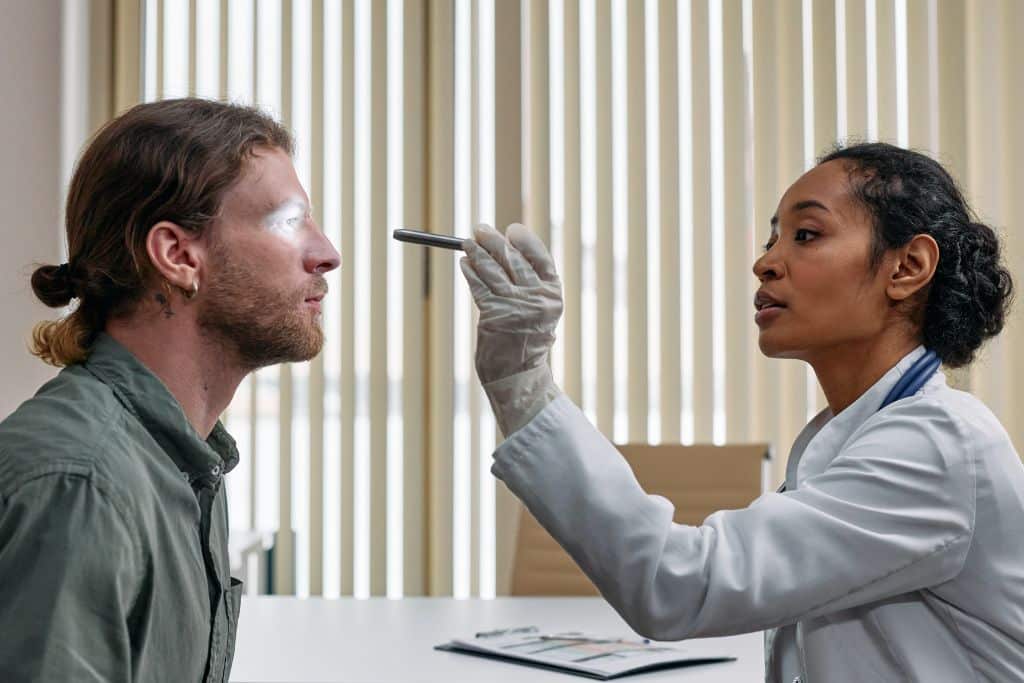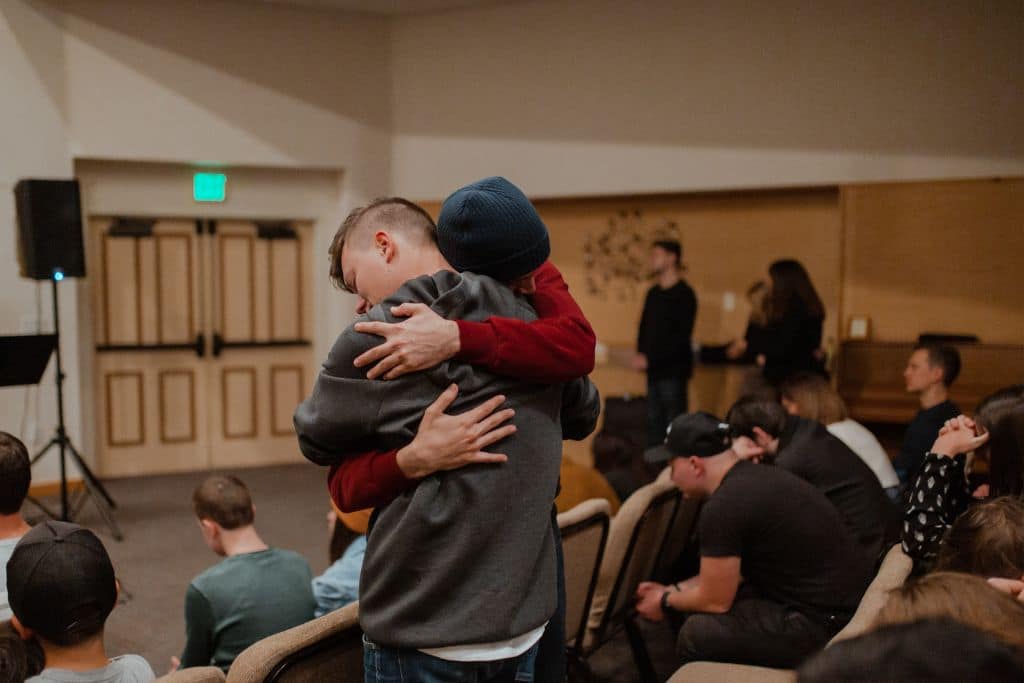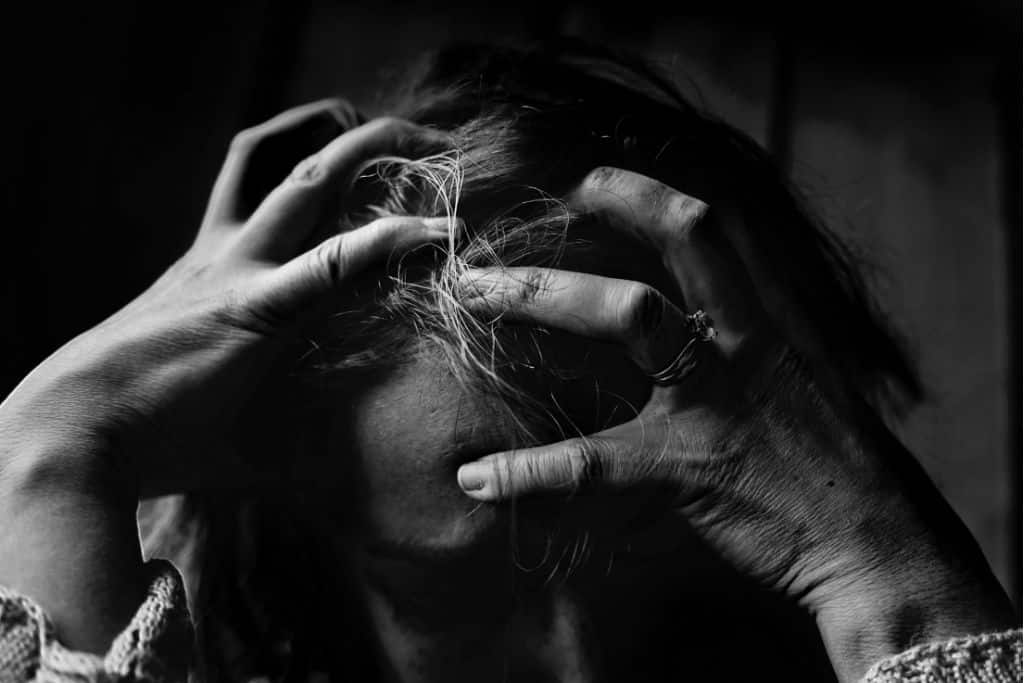
A common misconception amongst people suffering from substance use disorders is that once they have eliminated drugs and alcohol from their system, they are free from addiction.
However, this is far from the truth. While drug detox is an important part of the recovery process, it is only the first step toward complete sobriety.
Total abstinence and intensive psychological therapy significantly improve your chances of achieving and maintaining long-term recovery, both of which are part of every drug rehab programme.
Unfortunately, not everyone has the means to put themselves through private alcohol and drug rehab, but many other options are still available.
Alternatives to Private Drug Rehab
While inpatient rehab is recommended for the treatment of addiction, there are alternatives such as NHS services, charity rehabs and support groups. These services do a great deal of good work helping people in the community who are suffering from addiction. It’s important to remember, though, that they are extremely underfunded. You shouldn’t expect the same level of care you would receive in a residential rehab facility.
If you’re someone who is suffering from addiction, or you have a loved one who is, then it’s important you understand which treatment options are available to you before deciding.
If you’re looking for a rehabilitation centre in London, get in touch with Which Rehab today on 0800 170 7000.
NHS Drug and Alcohol Services

These services offer free support and counselling for people struggling with drug addiction. After registering with one of these centres, and undergoing an initial assessment, you will be assigned a key worker. This key worker will work with you to create a plan focused on health and well-being. Depending on your needs, your treatment may include weekly one-to-one sessions with an addiction counsellor.
These centres also offer community drug and alcohol detox programmes. However, it’s important to bear in mind that, unlike inpatient rehab, you will not receive around-the-clock supervision during the detox period. Choosing this route to recovery can be difficult, as you still have access to drugs and alcohol and are free to participate in other problematic behaviours such as gambling.
If you’re a friend or family member of someone suffering from drug addiction, it may mean you have to monitor that person at all times, which is not ideal.
Charity Rehabs
Charity rehabs are funded through private donations from organisations as well as individuals. These rehabs operate very much the same as private rehabs, offering the same level of care. However, the downside of charity rehabs is that they have limited availability as there are very few of them around. Also, relying on donations can often leave them underfunded and unable to run as planned.
Support groups

Support groups such as Alcoholics Anonymous, Narcotics Anonymous and Smart Recovery have been responsible for helping thousands of people maintain their recovery after a period of abstinence. While there is no supervised detox or psychological therapy included, the fellowship involves people in recovery supporting and encouraging one another’s efforts. Support groups are a great way to ensure you stay off substances. Addiction is an extremely complex psychological illness, however. Intensive therapies can help understand the cause behind it.
These free services can be a lifeline for those who simply cannot afford, or commit to, residential drug and alcohol rehab in London. However, attempting to get off drugs without a supervised detox or addiction therapy is not recommended.
Contact us today to talk through your options. Calling is free and our advisors are there to help people in any situation.
In addition to free counselling provided by the NHS, there is always the option of private therapy. Some of the most popular therapies used in the treatment of addiction include Cognitive Behavioural Therapy (CBT) Dialectical Behavioural Therapy (DBT), Eye Movement Desensitization and Reprocessing (EMDR) as well as individual and group therapy.
Going “Cold Turkey”

Cold Turkey is the process of quitting drugs without any medical supervision or medication. You instead ride out the withdrawal symptoms alone.
Withdrawal occurs once you stop taking drugs and usually sets in around 12 hours after your last dose. Depending on the drug you’ve been using, some withdrawal symptoms can be extremely uncomfortable and sometimes even dangerous. While it’s possible to detox without medical supervision, it’s never recommended. Many people going through withdrawal return to using drugs to ease the discomfort of their symptoms and find themselves stuck in the vicious cycle of addiction.
The chances going “cold turkey” without following up with some type of addiction counselling being successful are very low. A study even found that cold turkey detox has a failure rate of a staggering 95%.
Why Drug Rehab is the Answer

While there are plenty of free addiction treatment options available, an integrated detox and therapy programme will always give you or your loved one the best chance at finding recovery.
Once your drug detox is complete, you must work on treating any possible underlying mental health issues that may have contributed to your addiction. Failing to do so increases your chance of relapse, as you won’t possess the necessary tools and coping mechanisms needed to deal with triggers.
Private rehabs also offer free aftercare. This begins as soon as you leave and helps you integrate back into society after your treatment.
At Which Rehab, we present the options available to you based on your circumstances. Whether you’re looking into drug rehab for yourself or your loved one, we’ll find a treatment centre best suited to your needs.
Get in touch today or call free on 0800 170 7000.
Drug Detox FAQs
At a private drug rehab, you should expect to go through detox followed by at least three weeks of therapy. These therapies are designed to help you deal with the psychological factors of addiction.
The cost of rehab in London will ultimately depend on the facility and its location. Four weeks at a rehab in London can start from £5,000 per week.
Outpatient rehab is far more flexible than inpatient rehab and allows you to return home after your therapy sessions. The timetable will differ for each facility, but you can usually expect to attend a few sessions per week.
No, you don’t need to choose the closest drug rehab to you. You can even travel across the country if you prefer. We can help you choose a drug rehab that you feel would best cater to your needs. It’s important you feel comfortable with the rehab you choose to ensure you get the best out of your treatment.


